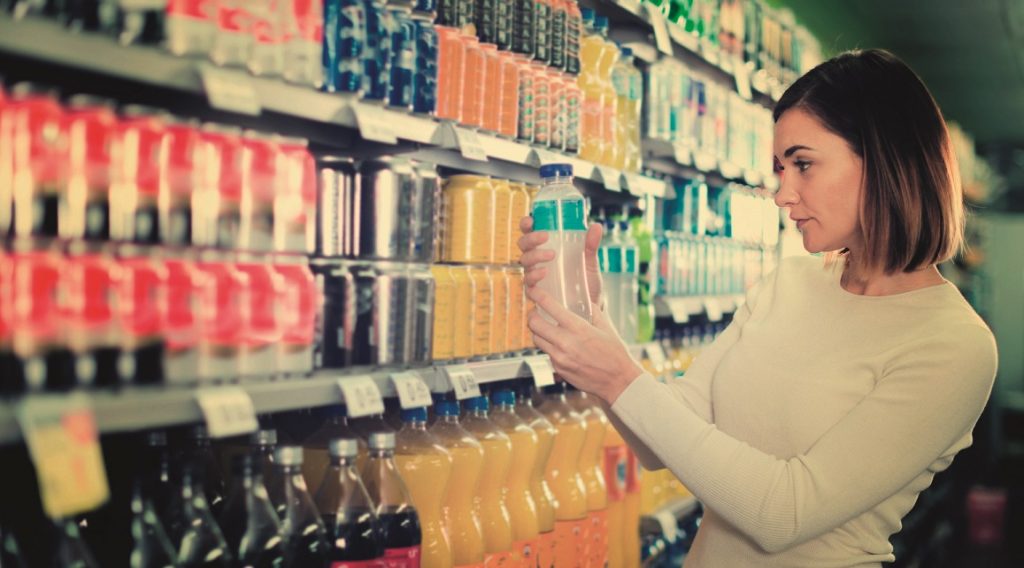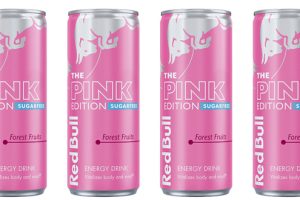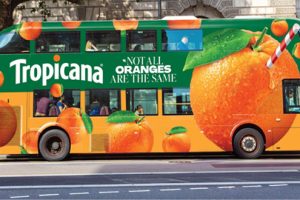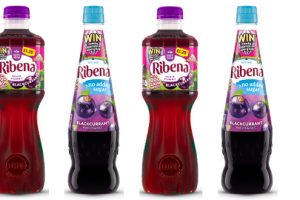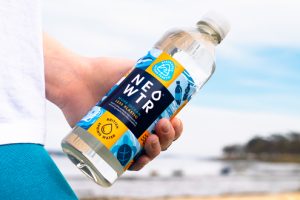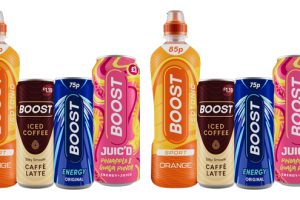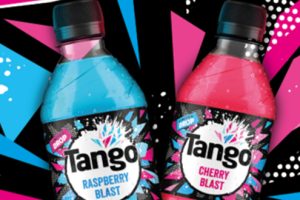A survey of 2,000 convenience shoppers carried out by Britvic – which looks after brands including Pepsi, Robinsons and Tango – found 61% planned to buy more on-the-go soft drinks in future.
This will mean a return to formats such as 330ml cans and 500ml bottles, as opposed to take-home formats such as six-packs and 1.5-litre bottles that grew convenience sales during the pandemic.
Nearly one in three respondents (29%) said they were now buying on-the-go soft drinks once a day, while 58% were purchasing once a week.
Phil Sanders, out-of-home commercial director at Britvic, said the report’s findings were also beginning to be reflected in the latest sales data.
During the “convenience surge” between April and August 2020, c-stores in strong neighbourhood locations benefited from increased footfall, and in soft drinks those shoppers were largely buying take-home formats.
Sales of these formats increased from about £60m a month to around £80m.
“Footfall went up massively, people were buying more in convenience stores, and what they were buying was take-home packs,” Sanders said.
With children at home, the squash category had performed particularly well, with the Robinsons brand seeing a big jump in sales and market share.
With fewer people out and about and a big reduction in lunchtime meal deals, on-the-go formats had suffered.
“That is switching back again,” said Sanders. “It’s what people said they were going to do in the research and that’s what we’re seeing in the data.”
Neighbourhood stores were likely to see stronger on-the-go drinks sales going forward, he added.
“A lot of shoppers are now going to be buying on-the-go in urban locations and village locations, because they’re working at home and are going to go out for lunch and buy a sandwich and a soft drink.”
The report also found that when asked what soft drinks they planned to buy, 54% of people said sugar-free carbonates. This contrasts with sales during lockdown, when full-sugar soft drinks and stimulant energy drinks were among the top sellers.
Sanders said this did not amount to a reversal of pre-pandemic trends, but instead reflected the type of consumers who were out and about during lockdown – such as delivery drivers and builders – whose jobs required a high level of energy.
“It’s not that people were switching; it’s more just to do with the type of people that were out there,” he said.
“Going forward, that’s going to normalise, because the longer-term trend as a nation is towards healthier soft drinks and towards sugar-free.
“If retailers have been selling a lot of energy and full-sugar, there’s going to be a need to offer a better range.”
Asked to name the reasons they buy on-the-go soft drinks, the report found 87% of convenience shoppers said “for refreshment”, 25% “with lunch” and 25% “for a pick-me-up”.
Sanders advised retailers: “Have a think about your on-the-go range and take-home range and make sure you have got a good balance between the two.”
He also urged them to offer greater choice. Whereas during lockdown people had reverted to trusted flavours such as Robinsons Orange Squash, they would now be more willing to try new flavours and seek out new experiences once again.
Tango Dark Berry, for example, was “absolutely flying” at the moment, Sanders said. “People are looking for that new experience.”
The pandemic also saw an increase in people making cocktails at home, leading to strong growth in premium mixers, such as Britvic’s The London Essence Co range, and that opportunity was likely to continue.
Less-affluent sections of the public, however, were likely to be looking for greater value from their soft drinks, so Sanders urged retailers to stock a good range of price-marked packs (PMPs) to cater for this demographic.
Despite hospitality having re-opened, Sanders said it was likely that soft drinks would continue to sell well in convenience, at least until Christmas, as people enjoyed their re-found freedoms.
However, some people believe the nation may then pause for breath at the start of 2022.
Sanders said: “The opportunity is there in the increased level of demand in the market that we can all take advantage of – at least until the New Year.”
 Talking Retail Grocery and product news for independent retailers
Talking Retail Grocery and product news for independent retailers
